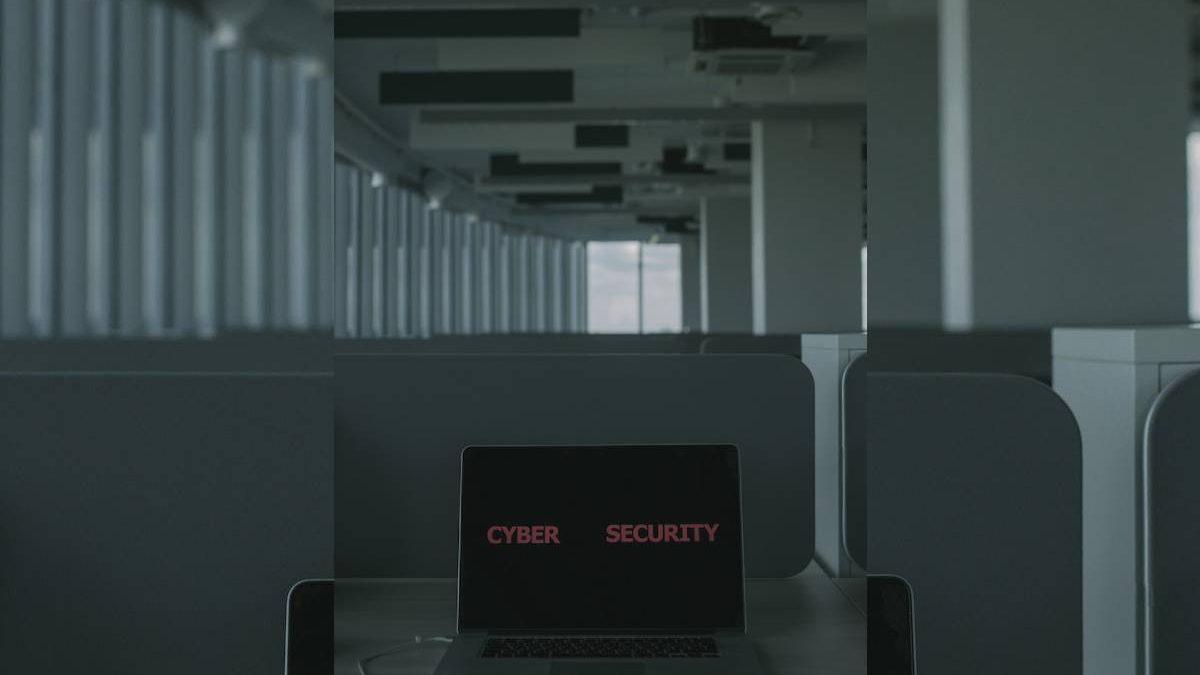In today’s digital age, cyber threats are a growing concern for businesses of all sizes. Small and medium-sized enterprises (SMEs) are particularly vulnerable to cyber-attacks due to their limited resources and lack of technical expertise. Cybercriminals often target SMEs because they perceive them as easy targets, with weak security defences that can be easily breached.
To protect your SME from cyber-attacks, you must implement essential cyber security for smes measures. Here are five essential cybersecurity measures that every SME must implement:
Table of Contents
1. Use Strong Passwords and Multi-Factor Authentication
One of the most simple and most effective methods to protect your business from cyber-attacks is to use strong passwords and multi-factor authentication (MFA). A strong password should have at least 12 characters long and should cotain a mix of upper and lower-case letters, numbers, and special characters. MFA adds an extra sheet of security to your online accounts, by needing a second form of authentication in addition to your password. This could be a code sent to your phone or a fingerprint scan.
2. Keep Software and Operating Systems Up-to-Date
Software and operating systems are constantly being updated to patch security vulnerabilities and fix bugs. Failing to update your software and operating systems can leave your SME vulnerable to cyber-attacks. Ensure that all your software and operating systems are up-to-date to minimize the risk of a cyber-attack.
3. Use Antivirus and Anti-Malware Software
Antivirus and anti-malware software are vital tools for protecting your SME from cyber-attacks. These tools scan your computer for malicious software, such as viruses, Trojans, and worms, and remove them before they can cause damage. Ensure that you have up-to-date antivirus and anti-malware software installed on all your devices.
4. Implement a Firewall
A firewall is a network security system that controls and checks incoming and outgoing network traffic. It acts as a barrier between your SME’s internal network and the external network (the internet), and can prevent unauthorized access to your network. Implementing a firewall is an essential step in protecting your SME’s network from cyber-attacks.
5. Train Employees on Cybersecurity Best Practices
Your employees are often the first line of defence against cyber-attacks. They need to be aware of the risks of cyber-attacks and trained on how to recognize and respond to them. Implement a cybersecurity training program that covers topics such as password security, phishing scams, and social engineering. Ensure that your employees understand the importance of cybersecurity and the role they play in protecting your SME.
6. Email Security
Almost every business will require to use its email system to communicate with clients and prospects daily. Unfortunately, this is one of the most common strategies a hacker will use to compromise a network. It’s important to use a security solution that will scan incoming emails to filter out unwanted emails that may contain malware and links to protect against viruses.
In conclusion, cyber-attacks are a growing threat to SMEs. Implementing essential cybersecurity measures can help protect your SME from cyber-attacks. Use strong passwords and multi-factor authentication, keep software and operating systems up-to-date, use antivirus and anti-malware software, implement a firewall, and train employees on cybersecurity best practices. By implementing these measures, you can minimize the risk of a cyber-attack and keep your SME safe.

